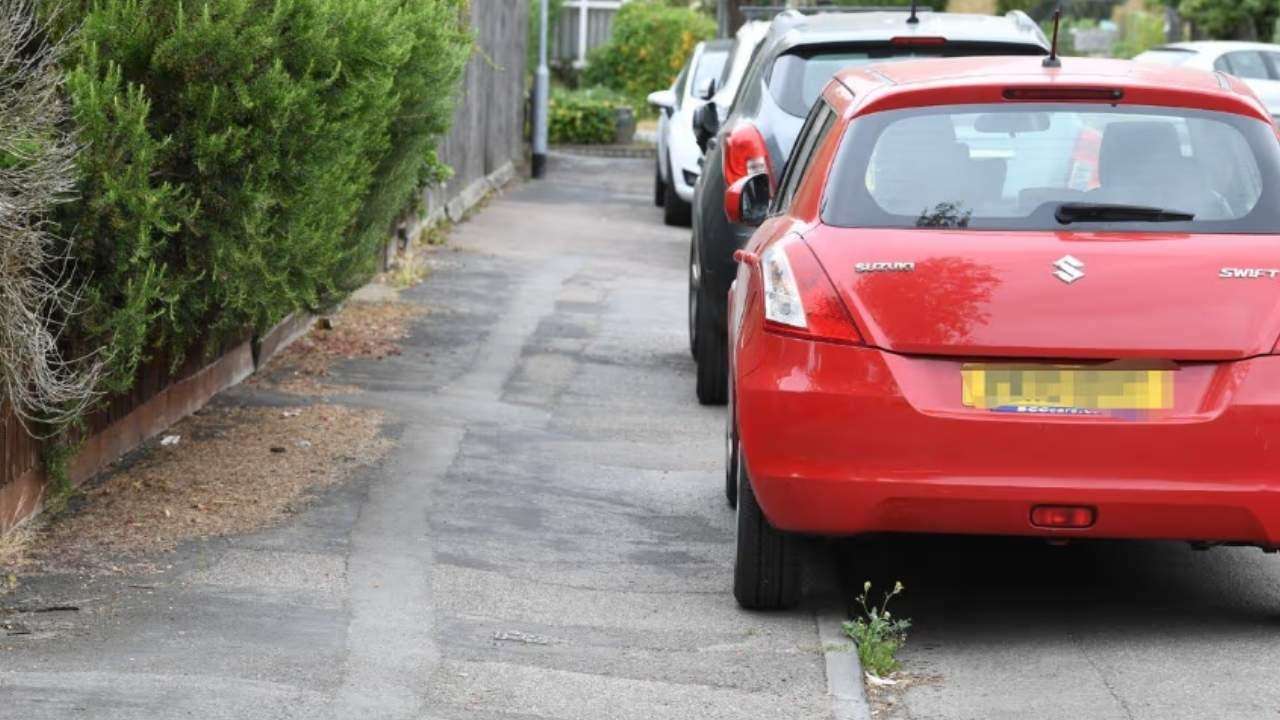The government is preparing to double down on its electric vehicle (EV) strategy with a massive £1.3bn cash injection expected in next week’s Budget, a move ministers claim will supercharge the road to net zero. However, behind the headlines of cash handouts and green targets lies a growing fear among industry analysts: the UK is rapidly becoming the global "dumping yard" for cut-price electric vehicles that manufacturers cannot sell elsewhere, Daily Dazzling Dawn understands.
The Chancellor, Rachel Reeves, is set to bolster the Electric Car Grant scheme, which currently offers discounts of up to £3,750 on eligible vehicles. While ostensibly designed to help British families switch to battery power, the mathematics of global trade suggests this taxpayer money may inadvertently subsidise a flood of Chinese imports. unlike the United States and the European Union, which have both erected high tariff walls to protect their domestic industries from state-subsidised Chinese competition, the UK has kept its borders largely open.
This regulatory divergence has created a perfect storm. With the EU imposing tariffs of up to 35.3% on Chinese EVs and the US effectively locking them out with 100% levies, the UK remains the only major Western market where these brands can operate freely. The new £1.3bn funding, aimed at cars priced under £37,000, acts as a powerful magnet. It incentivises Chinese manufacturers—already sitting on massive oversupply due to a cooling domestic economy—to direct their unsold inventory to British ports.
Data from New AutoMotive reveals that despite the grant launching in July, it has failed to significantly expand the overall market, with eligible EVs stuck at roughly 23.8% of registrations. Instead of converting petrol-heads, the scheme appears to be fuelling a price war that legacy manufacturers are losing. Established giants like Ford and Volkswagen are caught in a pincer movement: they face brutal £15,000 fines per vehicle under the UK's Zero Emission Vehicle (ZEV) mandate if they miss sales targets, yet they cannot compete with the rock-bottom prices of new entrants like BYD, Omoda, and Jaecoo without suffering unsustainable losses.
The result is a distorted market where British taxpayer money is effectively underwriting the expansion of foreign brands, while "legacy" automakers are forced to slash prices or re-badge Chinese technology to survive. The consumer may initially rejoice at the prospect of cheaper cars—prices for EVs are volatile, with cost-per-mile estimates fluctuating wildly between 6p and 25p depending on charging access—but the long-term cost to the UK automotive sector could be profound.
Furthermore, the government’s generosity comes with a sting in the tail. While the Treasury gives with one hand, it is preparing to take with the other. Sources indicate that a consultation on a controversial pay-per-mile road tax is expected to launch alongside the Budget, with implementation eyed for 2028. This mechanism is designed to plug the £25bn black hole left by declining fuel duty revenues. For drivers rushing to buy discounted EVs today, the reality of tracked, per-mile taxation could turn their cheap runaround into a financial burden within three years.
Shadow Transport Secretary Richard Holden has branded the strategy "madness," arguing that subsidising new car purchases for the middle class while squeezing ordinary families with inflation is a misplaced priority. Yet, the pressure remains. With the 2030 ban on new petrol and diesel cars looming, the government feels it has no choice but to spend its way out of a stalling transition.
The danger, however, is that by 2030, the UK roads will be dominated by brands that didn't exist in British consciousness five years ago, sold at prices artificially depressed by foreign state subsidies and British taxpayer grants. As the Chancellor steps up to the dispatch box next Wednesday, the question isn't just about how much money she is spending, but whose economy she is actually stimulating.
What this means for you:If you are considering buying an electric vehicle, the market is currently flooded with inventory, likely leading to aggressive discounting in the coming months.








.svg)

.jpg)
